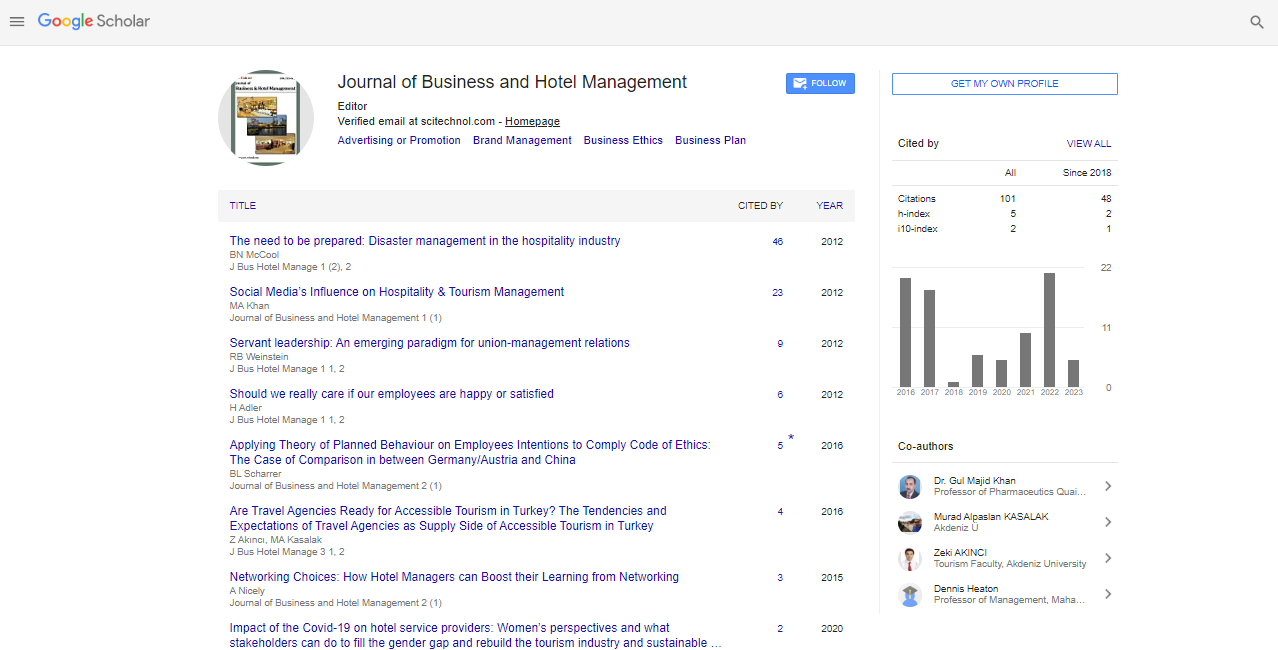Short Communication, J Bhm Vol: 7 Issue: 4
Project for the evaluation of asthma in Tipton schools (PEATS)
Ian Walton
Tipton Care Organisation–Glebefields Health Centre, UK
Ian Walton worked as a General Practitioner in Tipton in the Black Country for 30 years. In 2013, he was awarded Clinical Leader of the Year by the National Association of Primary Care for his Clinical Leadership Role within the award winning Sandwell Integrated Mental Health and Wellbeing Mod- el, which demonstrated major health gains through early intervention using a range of community based services. He has retired from practice but continues to do voluntary work in mental health and wellbeing, whilst re- searching, writing and teaching primary care mental health and wellbeing.
Abstract
UK has one of the highest numbers of child deaths in the developed world and many of these excess deaths have been attributed to asthma. Confidential enquiries have suggested that avoidable factors still play a part in the majority of asthma deaths. In 2015, 1468 people died of asthma—the highest levels for 10 years. In 2001, the lead author heard positive anecdotes, from a local headmistress, of an education programme running in local primary schools for 5-10 year old asthmatics. Aware that the benefits of the programme would need to be evidenced for it to be mainstreamed and having the opportunity to do so as chair of a consortium of eight local practices wishing to pioneer community medicine and employing one of the first community pharmacists in the country, together with a public health statistician and a local university’s primary care research centre, he evaluated a re-run of the project. The research showed many interesting findings including, 33% of children recorded as asthmatics in school, but not registered as asthmatic by their general practitioner. Prescribing and compliance was also well below par. The educational programme did lead to improved management of the disease, improving appropriate inhaler use, which was sustained 12 months after the project. Educating the child with asthma and their parents, must be a way forward in reducing unnecessary deaths and improving outcomes. The author intends to discuss in this presentation as to how we might prove that investment in low cost courses, run by health trainers is effective.
Keywords: Business and Hotel Management
Abstract
UK has one of the highest numbers of child deaths in the developed world and many of these excess deaths have been attributed to asthma. Confidential enquiries have suggested that avoidable factors still play a part in the majority of asthma deaths. In 2015, 1468 people died of asthma—the highest levels for 10 years. In 2001, the lead author heard positive anecdotes, from a local headmistress, of an education programme running in local primary schools for 5-10 year old asthmatics. Aware that the benefits of the programme would need to be evidenced for it to be mainstreamed and having the opportunity to do so as chair of a consortium of eight local practices wishing to pioneer community medicine and employing one of the first community pharmacists in the country, together with a public health statistician and a local university’s primary care research centre, he evaluated a re-run of the project. The research showed many interesting findings including, 33% of children recorded as asthmatics in school, but not registered as asthmatic by their general practitioner. Prescribing and compliance was also well below par. The educational programme did lead to improved management of the disease, improving appropriate inhaler use, which was sustained 12 months after the project. Educating the child with asthma and their parents, must be a way forward in reducing unnecessary deaths and improving outcomes. The author intends to discuss in this presentation as to how we might prove that investment in low cost courses, run by health trainers is effective.
 Spanish
Spanish  Chinese
Chinese  Russian
Russian  German
German  French
French  Japanese
Japanese  Portuguese
Portuguese  Hindi
Hindi 